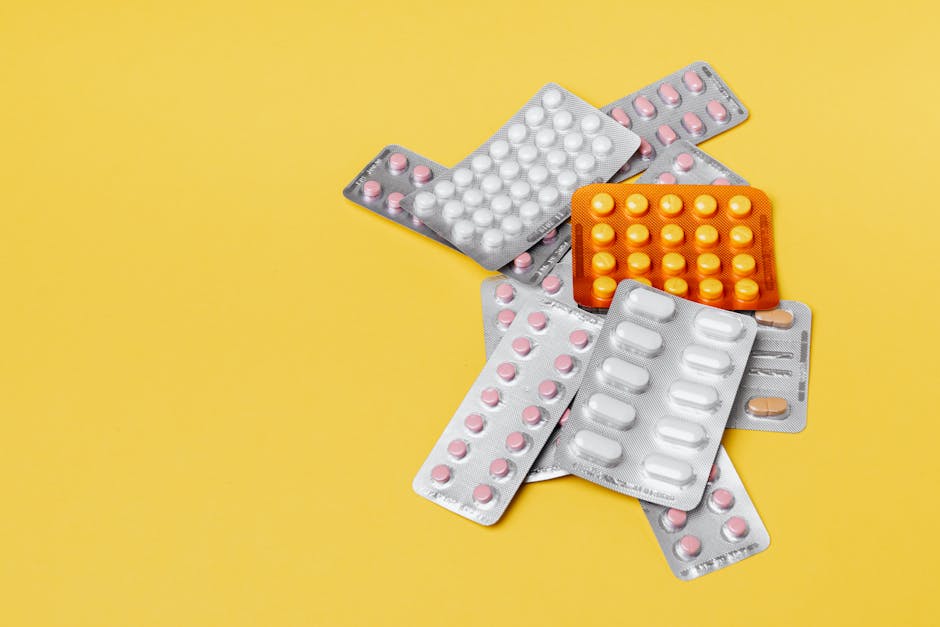Recognizing the need for help with drug addiction is the first step towards recovery. It’s not always easy to admit there’s a problem, whether for yourself or a loved one. In this guide, we’ve outlined seven key signs that suggest drug rehab assistance might be necessary. With a compassionate, understanding approach, we’ll help you identify these signs in a way that’s simple and easy to understand.
Table of Contents
1. Changes in Behavior or Personality
One of the most apparent signs that someone might need assistance with drug addiction is a noticeable change in behavior or personality. This can manifest as increased irritability, mood swings, or a general withdrawal from previously enjoyed activities. It’s essential to approach these changes with empathy, understanding that they are not merely choices but symptoms of a deeper issue. For further insights on how these changes can affect one’s life, consulting resources on understanding addiction’s impact on behavior can be enlightening.
2. Withdrawal from Social Activities
A person struggling with drug dependency may start isolating themselves, pulling away from family, friends, and social gatherings they once found enjoyable. This withdrawal is often a red flag, signaling deeper issues that need addressing. It’s a painful process not just for the individual but for their loved ones witnessing the change. The process of social withdrawal has been thoroughly researched, showing its profound impact on mental health and emphasizing the need for compassionate interventions.
3. Neglecting Responsibilities
When drugs become a central focus, responsibilities like work, school, or family obligations start to falter. This neglect can lead to significant consequences, affecting an individual’s ability to maintain their job or personal relationships. Understanding the gravity of these responsibilities slipping away is crucial for recognizing the need for professional help. Resources that outline the consequences of neglecting duties can provide a clearer picture of the situation’s seriousness.
4. Financial Issues Related to Substance Use
Substance dependency often leads to financial strain, with funds being diverted from essential needs to sustaining the addiction. This shift can manifest in borrowing money, unexplained debts, or even legal problems. Acknowledging the financial implications of drug dependency is a critical component in realizing the scope of the issue. For an in-depth analysis of financial issues stemming from addiction, various resources offer comprehensive insights into managing these challenges.
5. Visible Physical Health Decline
Drug addiction can take a significant toll on an individual’s physical health, leading to visible changes such as weight loss, neglecting personal hygiene, or the appearance of sores and bruises. These physical signs are often the most noticeable to others and can serve as a stark reminder of the addiction’s severity. For information on how substance abuse affects physical health, reading through material on the health consequences of drug misuse provides valuable context.
6. Increased Tolerance and Withdrawal Symptoms
As an individual continues to use drugs, their body develops a tolerance, necessitating larger amounts to achieve the same effect. This increased tolerance can quickly spiral into dependence, where the body experiences withdrawal symptoms without the substance. Withdrawal can be particularly grueling and is often a clear indicator that professional assistance is required. For those experiencing or witnessing these symptoms, consulting a guide on withdrawal symptoms is recommended for better understanding.
7. Unsuccessful Attempts to Quit on One’s Own
Many individuals recognize the harmful impact of their drug use and make one or more attempts to quit on their own. However, addiction is a complex issue that often requires more than sheer willpower to overcome. Unsuccessful attempts to quit can lead to feelings of discouragement and hopelessness. Acknowledging the challenge of overcoming addiction on one’s own can be the first step towards seeking professional help.


